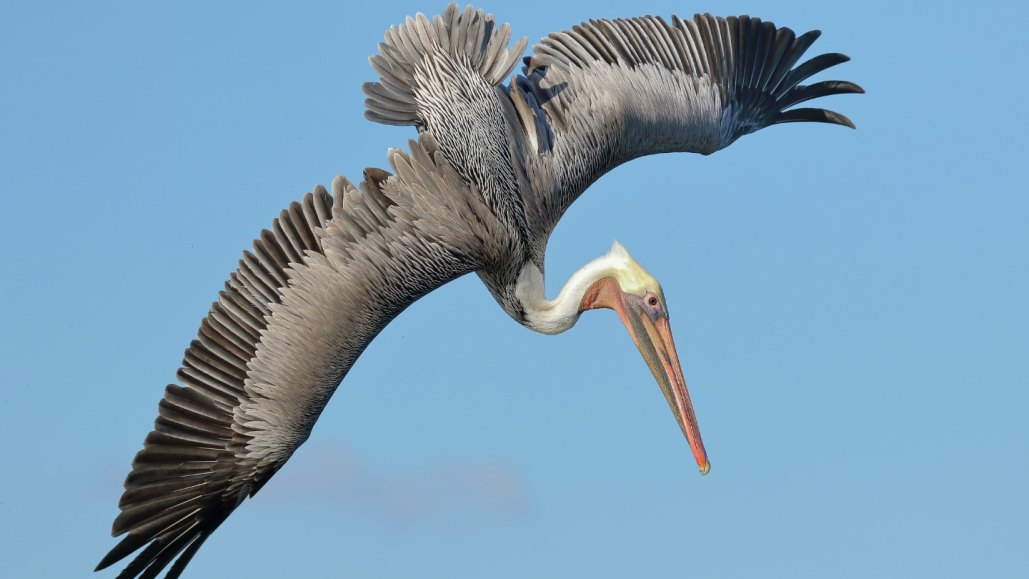Airplane Flaps Inspired by Feathers May Enhance Flight Performance

Airplane plumage might be the next big thing in aviation.
Bird wings are contoured with overlapping rows of feathery tufts, spreading out from near the shoulder. These “covert feathers” help birds maneuver through the air. They could boost the performance of aircraft, too. Lining aircraft wings with rows of lightweight flaps that mimic covert feathers can increase lift, reduce drag and prevent stall, researchers report October 28 in Proceedings of the National Academy of Sciences.
Help us improve by taking our 15-question reader survey.
Many planes already have flaps and spoilers on their wings. But unlike those components, the bioinspired flaps would deploy passively when the wings meet oncoming airflow at a high angle, a scenario known as a high angle of attack (SN: 1/12/24). “They’re not controlled by some motor or some hydraulic actuator,” says engineer Aimy Wissa of Princeton University. What’s more, “they’re all over the wings, not just in the back or front.”
In wind tunnel experiments, Wissa and her colleagues studied how multiple rows of flaps affected the flow of air around airfoils. They found that the flaps affected flow in two ways. Flaps placed near the front of an airfoil helped keep the air flowing around it closer to the wing, which helped improve lift and reduce drag. Adding more rows of flaps enhanced the effect.
They also found that installing a single row of flaps near the rear of an airfoil blocked high pressure air near the trailing edge from creeping toward the wing front. That’s important because low pressure in that area is needed to produce lift, Wissa says. Adding five rows of flaps to airfoils improved lift by up to 45 percent and reduced drag by 31 percent, Wissa’s team found.
Subsequent tests with remote-controlled aircraft also showed that the flaps mitigated stall, a phenomenon that involves a sudden loss of lift at high angles of attack, expanding the craft’s angle-of-attack range by 9 percent. The flaps improved flight stability too, Wissa notes.
That increased range might be especially helpful while flying through heavy gusts, or during very short runway landings. Without the flaps, you might not be able to safely complete such maneuvers, Wissa says. “But now, you can.”




